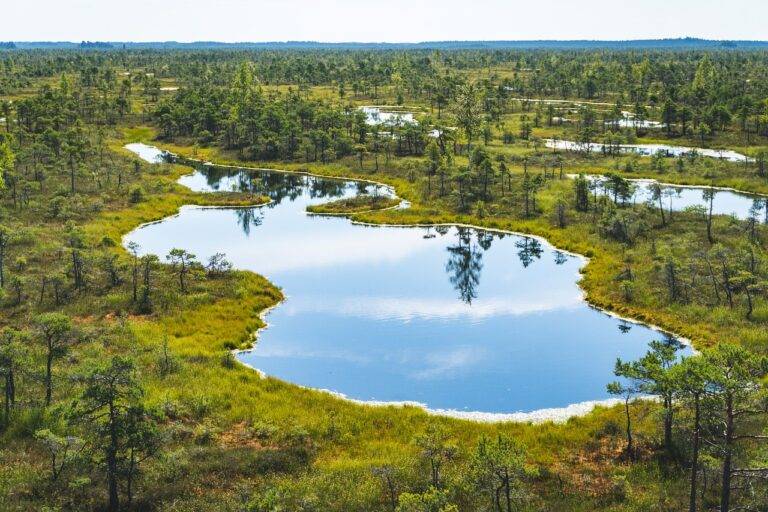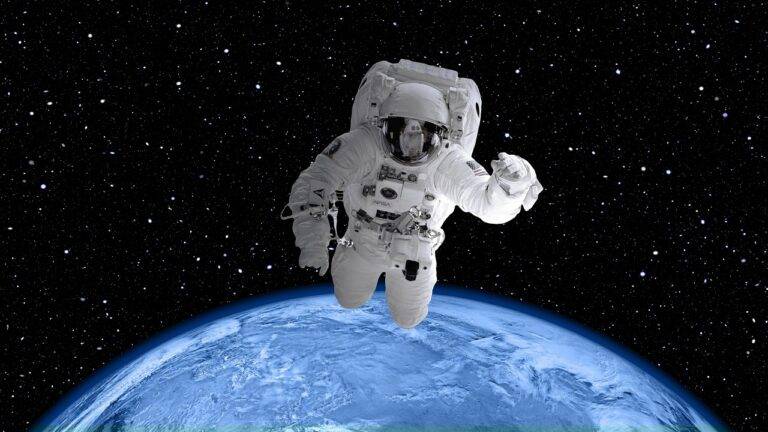Sustainable Tourism in Coastal Communities: Marine Conservation and Responsible Fishing Practices
Coastal communities across the globe are grappling with numerous challenges that are threatening the health and sustainability of marine ecosystems. Pollution from human activities, such as plastic waste and oil spills, poses a significant risk to the delicate balance of these environments. The degradation of coastal habitats due to coastal development and unsustainable practices further exacerbates these challenges, leading to a decline in biodiversity and the loss of critical ecosystems that support marine life.
Overfishing is another pressing issue that coastal communities face, with many fish stocks being depleted at an alarming rate. The lack of proper management and enforcement of fishing regulations has resulted in the collapse of some fisheries, impacting not only the marine species but also the livelihoods of local communities that depend on these resources. The interconnectedness of marine ecosystems means that the degradation of one area can have far-reaching consequences, highlighting the urgent need for comprehensive and sustainable solutions to address these challenges.
Impacts of Irresponsible Fishing Practices on Marine Life
Irresponsible fishing practices pose a significant threat to marine life and the overall health of our oceans. Overfishing, destructive fishing methods, bycatch, and illegal fishing activities are key contributors to the declining populations of marine species.
The overexploitation of marine resources can lead to the depletion of fish stocks, disrupting entire ecosystems and causing imbalances in the food chain. Additionally, destructive fishing practices such as bottom trawling can damage vital habitats like coral reefs and seagrass beds, further jeopardizing the survival of many marine species.
• Overfishing leads to depletion of fish stocks
• Destructive fishing methods like bottom trawling damage habitats
• Bycatch results in unintended capture of non-target species
• Illegal fishing activities contribute to unsustainable practices and exploitation of marine resources
Irresponsible fishing practices not only impact the targeted species but also have far-reaching consequences on other marine organisms. Bycatch, which refers to the unintentional capture of non-targeted species, often includes endangered or protected animals such as sea turtles, dolphins, and seabirds. These incidental catches can result in injury or death for these vulnerable creatures, further threatening their populations and overall biodiversity.
Furthermore, illegal fishing activities undermine conservation efforts and management measures put in place to protect marine life. Poaching and unregulated fishing operations can lead to the collapse of fisheries, loss of livelihoods for coastal communities, and increased conflict between legal fishers and enforcement authorities.
Role of Marine Protected Areas in Conservation Efforts
Marine Protected Areas (MPAs) play a crucial role in safeguarding marine biodiversity and promoting sustainable fisheries. By designating specific areas where human activities are regulated or restricted, MPAs help conserve fragile marine ecosystems and protect vulnerable species. These protected areas serve as sanctuaries for marine life, allowing populations to thrive and habitats to recover from human-induced stressors such as overfishing and pollution.
The implementation of MPAs is not only beneficial for preserving marine biodiversity but also for supporting local economies dependent on marine resources. By maintaining healthy fish populations within their boundaries, MPAs can serve as a source of spillover for adjacent fishing grounds, contributing to the replenishment of fish stocks and enhancing overall fisheries productivity. Additionally, MPAs can attract eco-tourism and recreational activities, providing economic benefits to coastal communities while concurrently conserving marine ecosystems for future generations.
What are some of the main challenges facing marine ecosystems in coastal communities?
Some of the main challenges facing marine ecosystems in coastal communities include overfishing, habitat destruction, pollution, and climate change.
How do irresponsible fishing practices impact marine life?
Irresponsible fishing practices such as overfishing, bycatch, and destructive fishing methods can lead to declining fish populations, habitat destruction, and loss of biodiversity in marine ecosystems.
What is the role of Marine Protected Areas in conservation efforts?
Marine Protected Areas (MPAs) play a crucial role in conservation efforts by providing safe havens for marine species to thrive, protecting important habitats, and helping to restore and maintain healthy marine ecosystems.





